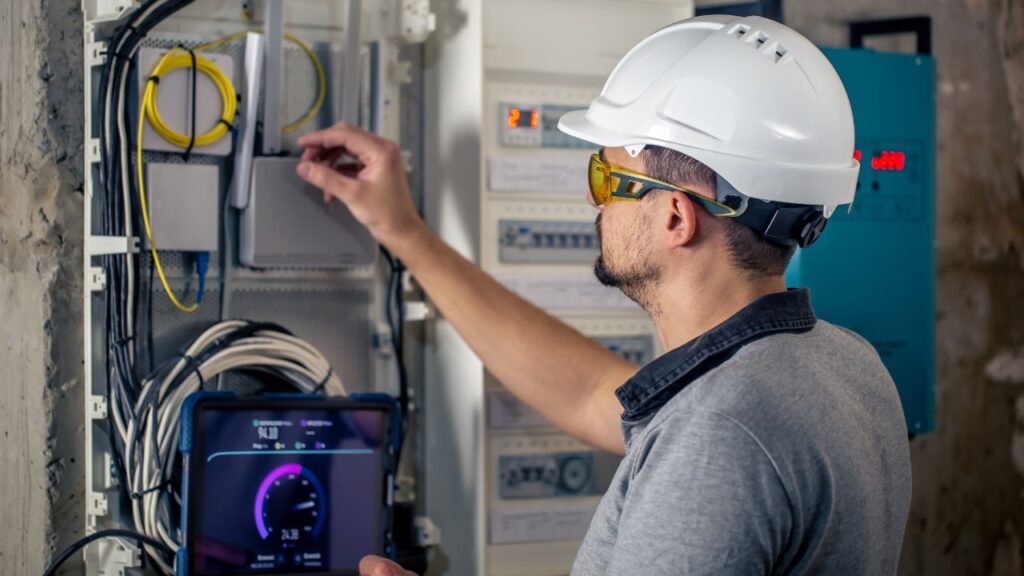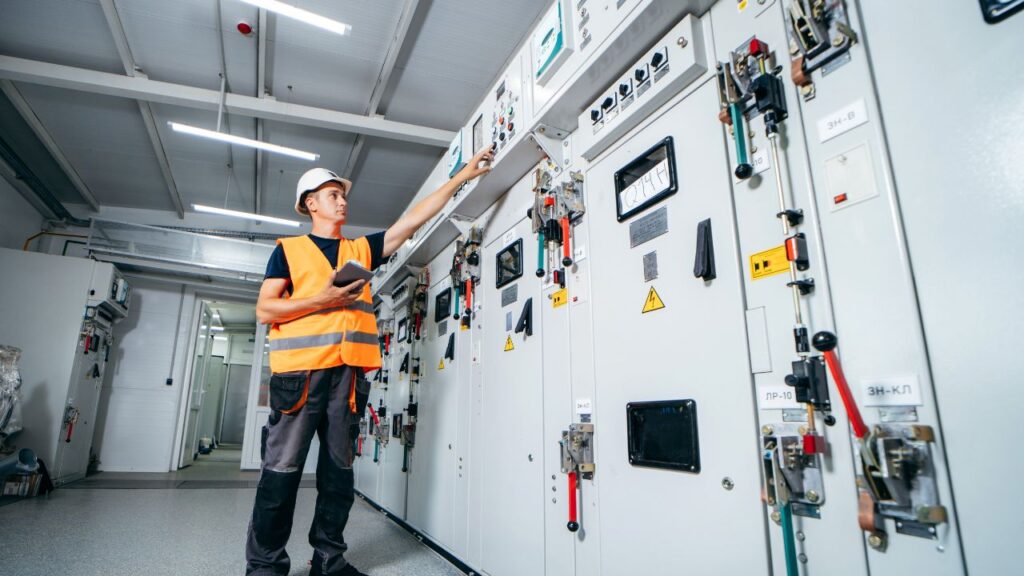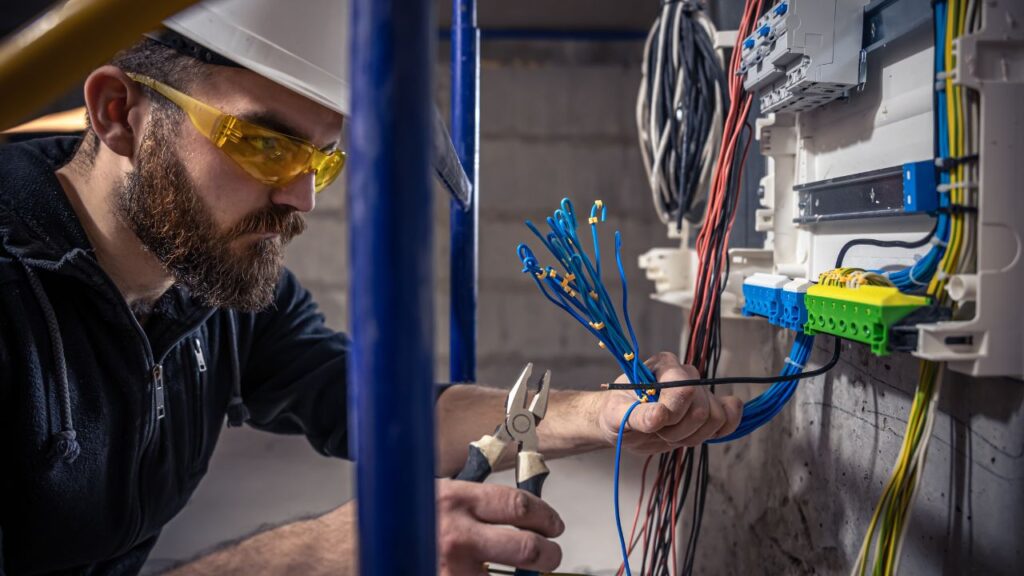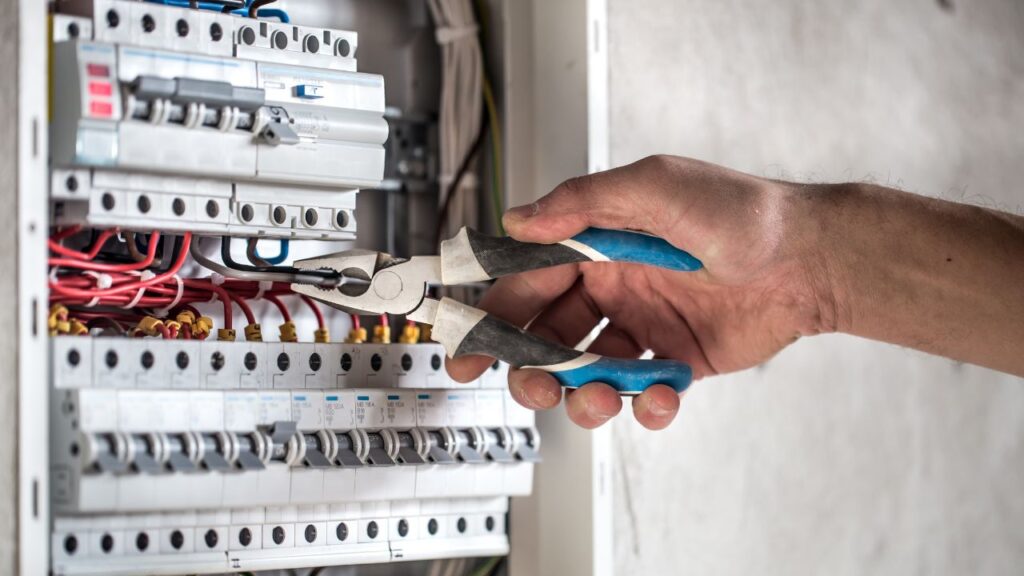Electrical Installation Cost
When it comes to electrical installation costs, there are many factors to consider. Installation costs can vary widely depending on factors such as the size of the project, existing conditions, location, and the specific type of installation materials chosen.









